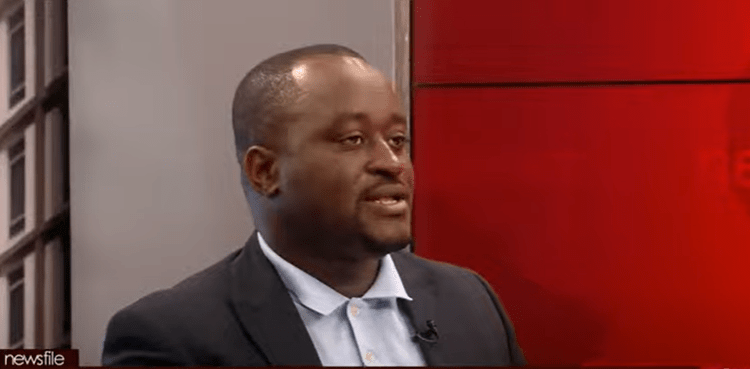5% Primary Surplus Achievable as Government on Track to Meet 2025 Fiscal Targets, Deficit Seen at 4%
Petroleum Economist and Technical Advisor to the Ministry of Finance, Dr Theo Acheampong, says Ghana is firmly on course to meet its 2025 fiscal targets, with the overall deficit projected at around 4% on a commitment basis and 2.2% on a cash basis.
Speaking on PM Express on Monday, November 17, 2025, Dr Acheampong disclosed that all year-to-date fiscal indicators — spanning the first three quarters — show that government is performing within target, including the primary surplus, which is expected to close at 1.5%.
“When this target was announced, some economists felt it was ambitious. But if you analyse the year-to-date numbers and compare them to the 2026 projections, I’m confident we will meet the deficit targets,” he noted.
He explained that achieving the deficit target is critical because it directly anchors the government’s borrowing plan, which markets are watching closely ahead of Ghana’s expected exit from the IMF programme in May 2026.
Lower Government Borrowing to Free Up Credit for Private Sector
Dr Acheampong emphasised that sustained fiscal consolidation will have a direct impact on credit allocation within the economy.
“If government sticks to its borrowing plan and reduces its demand for funds, the excess liquidity that would otherwise have gone into treasury bills must find new borrowers,” he stated.
“Banks will have to turn to the private sector — the likes of manufacturers, traders and businesses — to deploy that capital.”
He added that for many years, banks prioritised short-term government securities due to high returns and low risk, but disciplined fiscal management will force a redirection of liquidity toward productive sectors.
Room for Further Monetary Easing if Inflation Continues to Decline
At around 20%, the policy rate remains high despite inflation dropping to 8%. Dr Acheampong believes there is scope for the Monetary Policy Committee (MPC) to consider further easing should disinflation continue toward projected 2026 levels.
“If inflation goes further down, definitely the central bank would cut back on the policy rate,” he said.
“Where the rate settles will be determined by the MPC, but there is room for reduction.”
Lower policy rates, he explained, will translate into a reduced cost of credit — a key expectation of the private sector as macroeconomic indicators continue to stabilise.
IMF Programme Exit to Test Ghana’s Fiscal Discipline
With Ghana expected to exit its IMF programme in May 2026, Dr Acheampong said international investors and market watchers will be keenly observing whether the country maintains its consolidation path without external oversight.
“The question markets will ask is whether we can stick to the fiscal discipline we have set for ourselves once the programme ends,” he remarked.
He stressed that adherence to deficit limits and borrowing ceilings will be essential to sustaining investor confidence and preventing a relapse into earlier fiscal imbalances.










